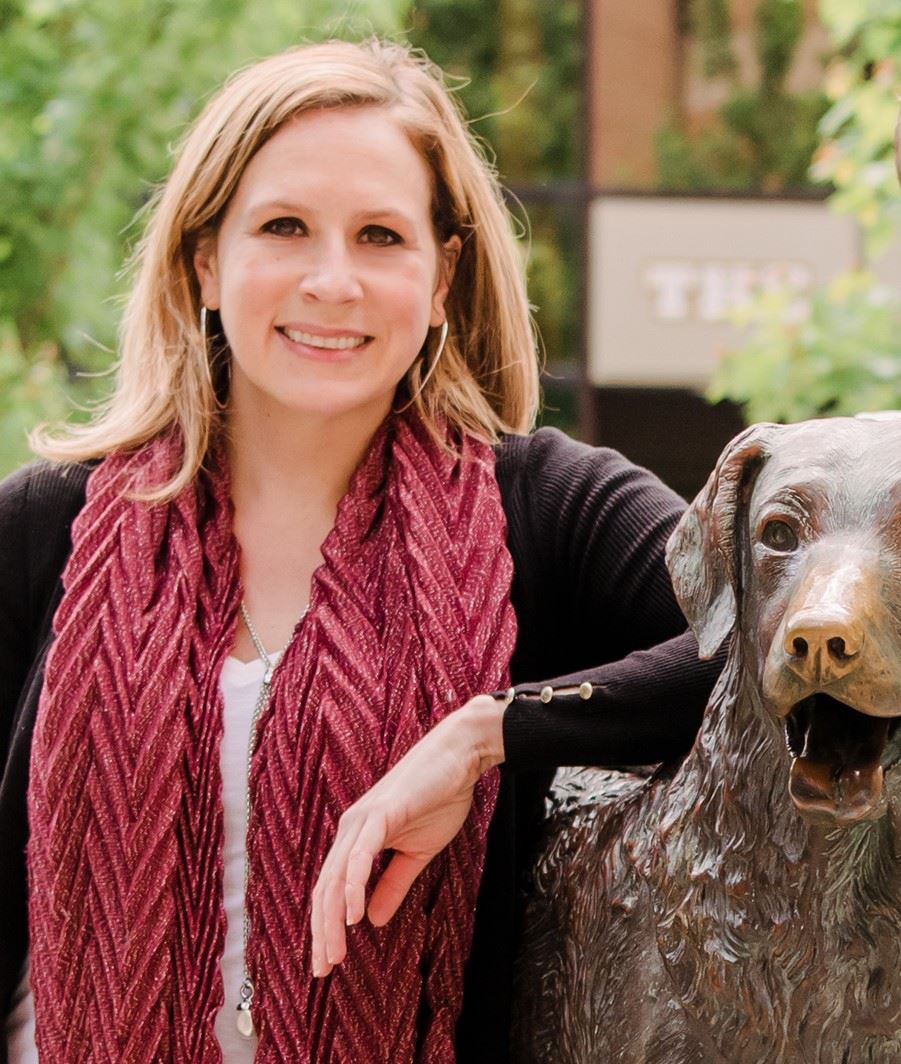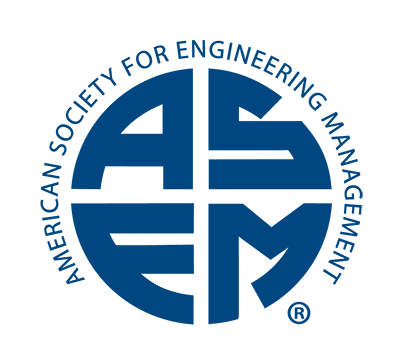by Dr. Jamie Gurganus
What a year, and now it's that time again. The new academic season is upon us! I teach freshmen, sophomores and senior engineers. Each group comes with different anticipations, excitement and readiness to embark on their next adventure as they learn to act, think and behave like a professional engineer. However, there is more to think through than just the usual technical content. Events over the past few years are helping drive more discussions about the need for our community to focus on developing more ethically and socially responsible engineers.
In one of the talks I attended, Diversity and Inclusion in Robotics: The Black in Robotics Initiative by Dr. Ayanna Howard, during the ASEM+UMBC Engineering and Computing Education Program webinar series, made the point that “Machines are influenced by their creators.” As we help guide students through engineering, it's critical that we help them understand the way their biases, values, and the importance of strong ethics will influence everything they do. One of our fundamental canons, according to the National Society of Professional Engineers, is to hold paramount the safety, health, and welfare of the public. Engineering educators are not omitted from this principle.
As an engineering educator, I have to intentionally think about what I'm delivering and representing in my classes. In Spring of 2021, our department and college began strategically focusing on integrating ethics and social responsibility throughout the curriculum, instead of treating it as a separate, standalone module. In addition to the engineering knowledge they gain, students need to make immediate connections to how social responsibility and ethics factor into their coursework. This practice will lead to more authentic understanding of ethical practices for students.
My colleagues and I have ongoing conversations around how we can assess our students to determine if their habits of mind are truly evolving around these concepts. Assessing ethics can’t be done through purely quantifiable notions, but should be considered through qualitative pathways. Our habits, practices and knowledge contribute to our process of thinking as an engineer. There are many solutions to an engineering challenge, and we want our future engineers' problem-solving processes to reflect notions of global impact, cultural awareness, empathic understanding, and beyond.
I want to leave my fellow engineering educators with these final thoughts as we march into our Fall semester. We stand at the frontlines in developing our future engineers. Our students will ultimately decide how they will carry forward in their engineering career. However, as the superheroes of our profession, we have the awesome responsibility to ensure that we expose our students to the human aspect of engineering. We want to leave them always asking, and questioning, “Am I being ethically and socially responsible?”
About the Author
 Dr. Jamie Gurganus is Faculty in Mechanical Engineering, Associate Director of Engineering Education in the College of Engineering and Information Technology (COEIT) and Director for the Center for Integrated, Research, Teaching and Learning (CIRTL) in the Graduate School at the University of Maryland Baltimore County. Her research focuses on solving problems relating to educating and developing engineers, teachers and the community at all levels (P12, undergraduate, graduate, post-graduate and faculty development). She seeks to identify best practices and develop assessment methods that assist faculty and teachers with student engagement, helping them to navigate the various pathways in STEM. Dr. Gurganus teaches several first and second year Mechanical Engineering classes along with the Mechanical Engineering Senior Capstone design course for UMBC. Jamie is also a Director in the research collaborative Advancing Excellence in P12 Engineering Education (AE3).
Dr. Jamie Gurganus is Faculty in Mechanical Engineering, Associate Director of Engineering Education in the College of Engineering and Information Technology (COEIT) and Director for the Center for Integrated, Research, Teaching and Learning (CIRTL) in the Graduate School at the University of Maryland Baltimore County. Her research focuses on solving problems relating to educating and developing engineers, teachers and the community at all levels (P12, undergraduate, graduate, post-graduate and faculty development). She seeks to identify best practices and develop assessment methods that assist faculty and teachers with student engagement, helping them to navigate the various pathways in STEM. Dr. Gurganus teaches several first and second year Mechanical Engineering classes along with the Mechanical Engineering Senior Capstone design course for UMBC. Jamie is also a Director in the research collaborative Advancing Excellence in P12 Engineering Education (AE3).
